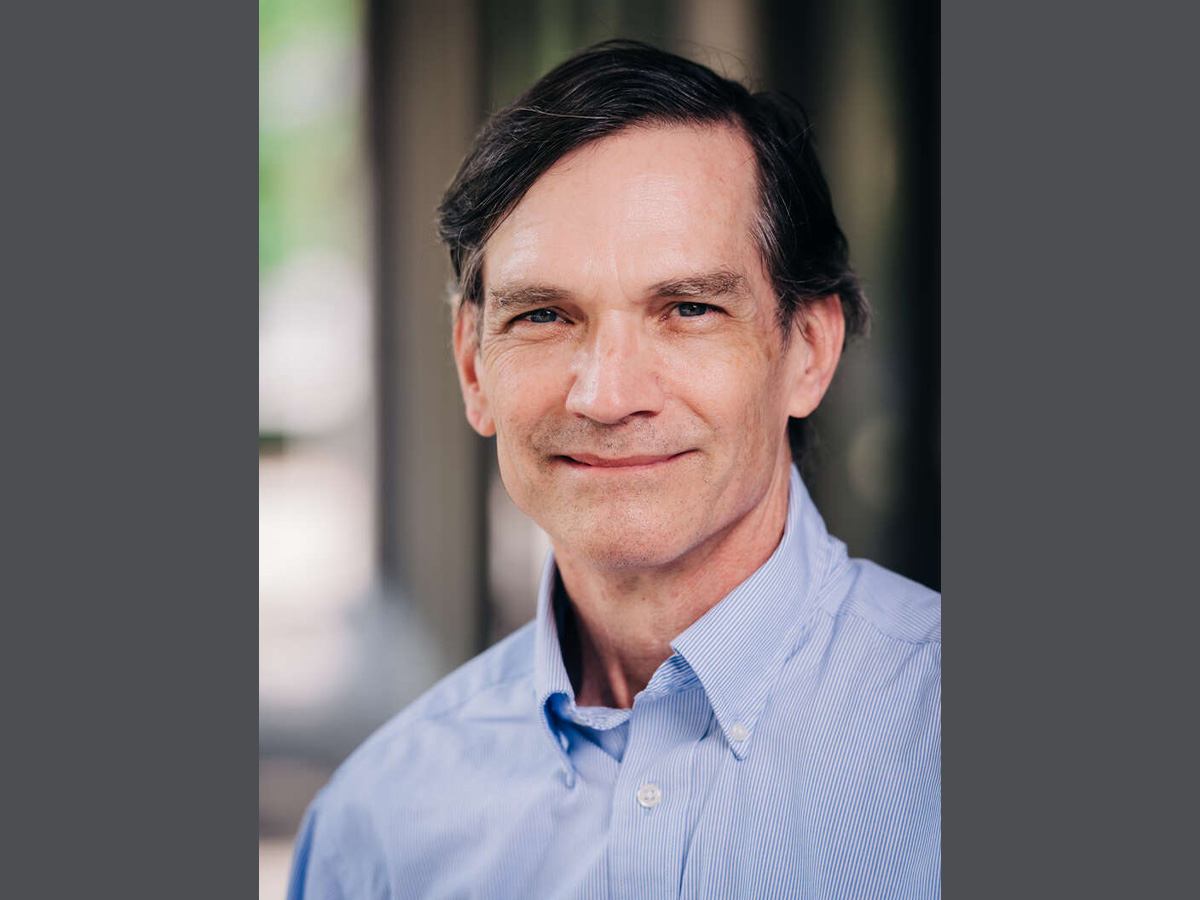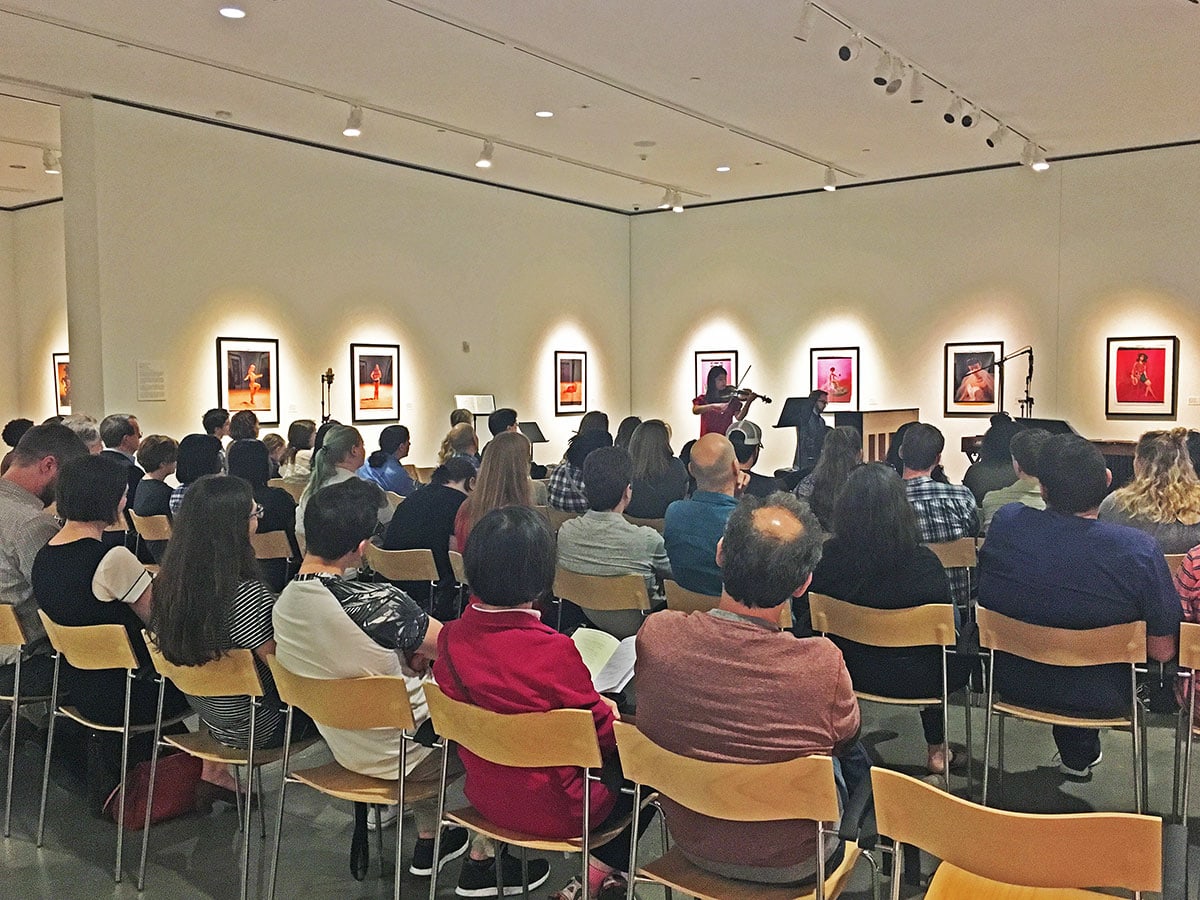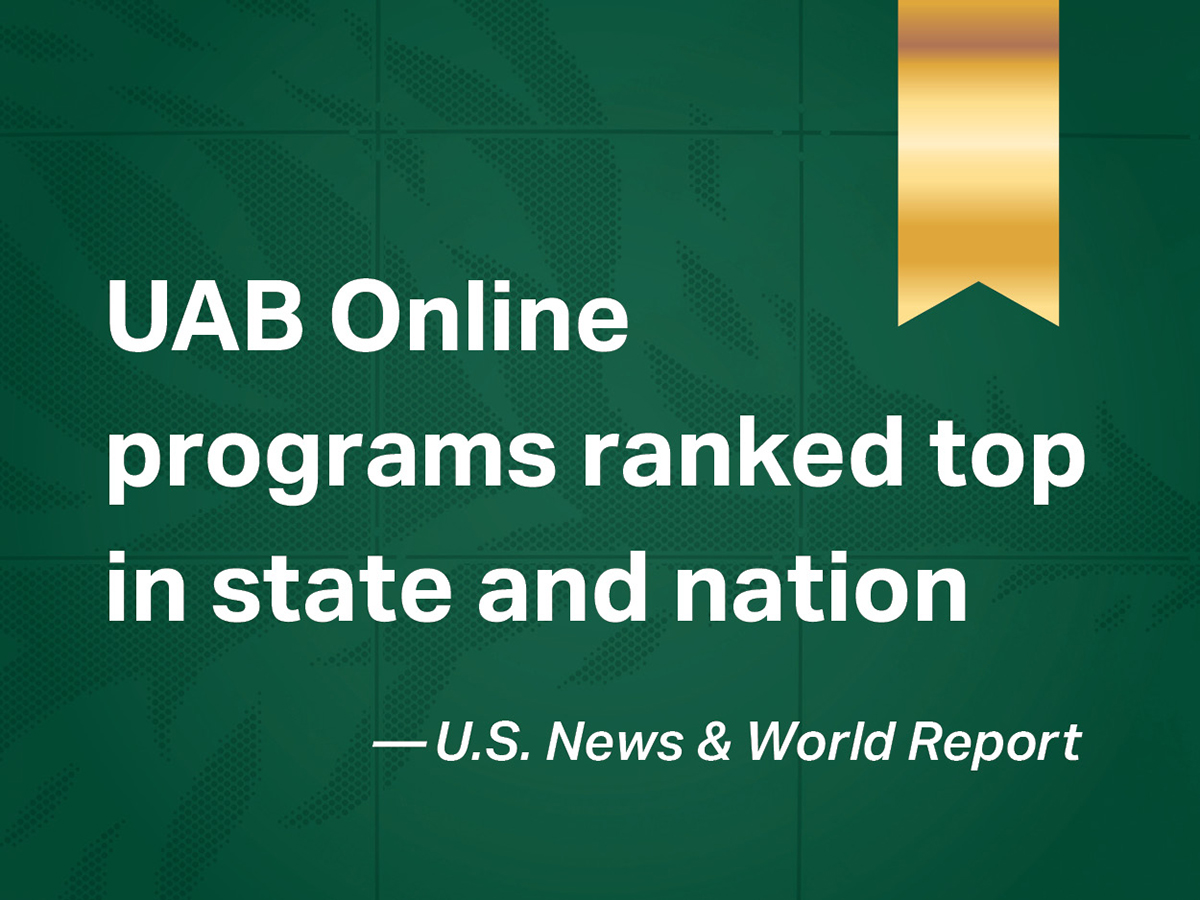Train a computer to read medical records, and you could do a world of good. Doctors could use it to look for dangerous trends in their patients’ health. Researchers could speed drugs to market by quickly finding appropriate patients for clinical trials. They could also find previously overlooked associations. By keeping track of data points across tens of thousands, or millions, of medical records, computer models could find patterns that would never occur to individual researchers. Maybe Asian women in their 40s with type 2 diabetes respond well to a certain combination of medications, while white men in their 60s do not, for example.
Machine learning, in particular a branch called natural language processing, has had plenty of successes recently. It’s the secret sauce behind IBM’s “Jeopardy”-winning Watson computer and Apple’s Siri personal assistant, for instance. But computers still have a tough time following medical narratives.
“We take it for granted how easy it is for us to understand language,” said Steven Bethard, Ph.D., a machine learning expert and linguist in theUAB College of Arts and Sciences Department of Computer Science. “When I’m having a conversation, I can use all kinds of crazy constructions and pauses between words, and you would still understand me. All these things make language very difficult for computers, however. They like rules and an order that is followed every time, but languages aren’t like that.”
When Computers Learn to Understand Doctors' Notes, the World Will Be a Better Place
Announcements
CAS News
August 10, 2015
More News
-
 Boosting levels of a protein could relieve pain after surgery, reducing reliance on opioidsUAB researchers share a discovery that could pave the way for non‑addictive alternatives to opioid painkillers amid an era of rising overdose deaths.
Boosting levels of a protein could relieve pain after surgery, reducing reliance on opioidsUAB researchers share a discovery that could pave the way for non‑addictive alternatives to opioid painkillers amid an era of rising overdose deaths. -
 Experience music performed live in the AEIVA galleries, Feb. 16 at UABIn this free Chamber Music @ AEIVA program, “Luna: A Celebration of the Moon,” hear music inspired by the art on show and performed by faculty and guest artists from the Department of Music.
Experience music performed live in the AEIVA galleries, Feb. 16 at UABIn this free Chamber Music @ AEIVA program, “Luna: A Celebration of the Moon,” hear music inspired by the art on show and performed by faculty and guest artists from the Department of Music. -
 UAB Online leads Alabama in multiple categories in U.S. News Best Online Programs rankingsU.S. News & World Report Best Online Programs gives UAB high marks, including a Top 5 national placement.
UAB Online leads Alabama in multiple categories in U.S. News Best Online Programs rankingsU.S. News & World Report Best Online Programs gives UAB high marks, including a Top 5 national placement.